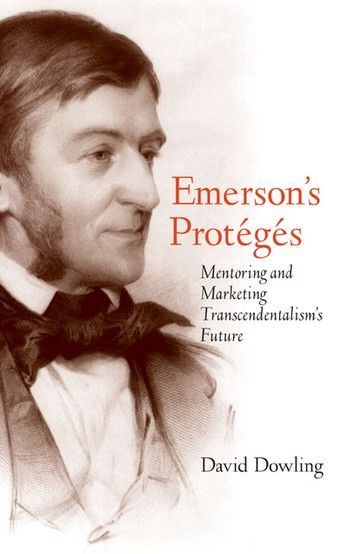| FindBook |
|
有 1 項符合
Prof. David Dowling的圖書 |
 |
$ 1759 電子書 | Emerson's Protégés
作者:Prof. David Dowling 出版社:Yale University Press 出版日期:2014-08-26 語言:英文  看圖書介紹 看圖書介紹
|
|
|
圖書介紹 - 資料來源:樂天KOBO 評分:
圖書名稱:Emerson's Protégés
In the late 1830s, Ralph Waldo Emerson, American essayist, poet, lecturer, and leader of the Transcendentalist movement, publicly called for a radical nationwide vocational reinvention, and an idealistic group of collegians eagerly responded. Assuming the role of mentor, editor, and promoter, Emerson freely offered them his time, financial support, and anti-materialistic counsel, and profoundly shaped the careers of his young acolytes—including Henry David Thoreau, renowned journalist and women’s rights advocate Margaret Fuller, and lesser-known literary figures such as Samuel Ward and reckless romantic poets Jones Very, Ellery Channing, and Charles Newcomb.
Author David Dowling’s history of the professional and personal relationships between Emerson and his protégés—a remarkable collaboration that alternately proved fruitful and destructive, tension-filled and liberating—is a fascinating true story of altruism, ego, influence, pettiness, genius, and the bold attempt to reshape the literary market of the mid-nineteenth century.
Author David Dowling’s history of the professional and personal relationships between Emerson and his protégés—a remarkable collaboration that alternately proved fruitful and destructive, tension-filled and liberating—is a fascinating true story of altruism, ego, influence, pettiness, genius, and the bold attempt to reshape the literary market of the mid-nineteenth century.
|











